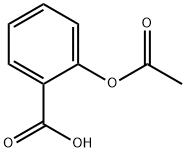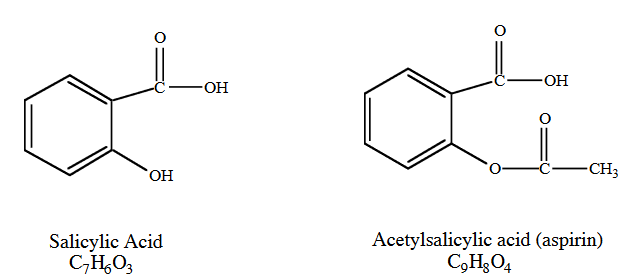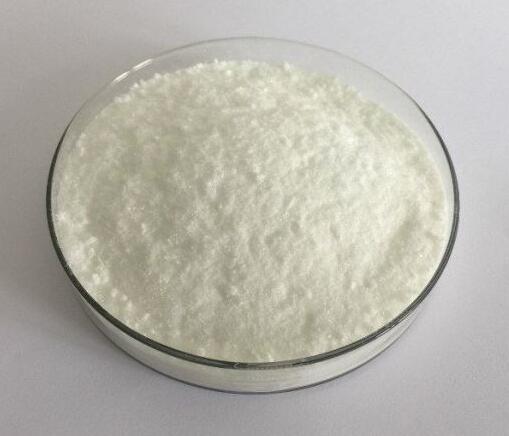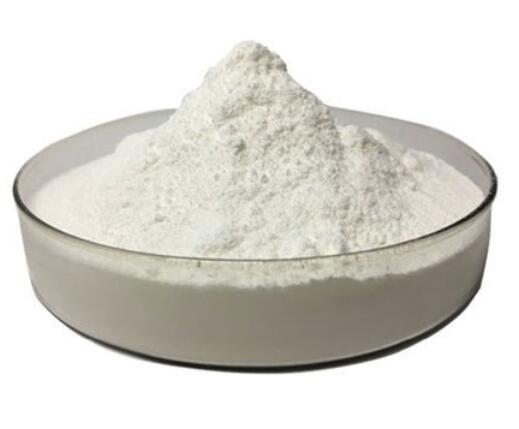Uses and Toxicity of Aspirin
Aspirin, also known as acetylsalicylic acid (ASA), is a medication used to reduce pain, fever, or inflammation.Specific inflammatory conditions which aspirin is used to treat include Kawasaki disease, pericarditis, and rheumatic fever.
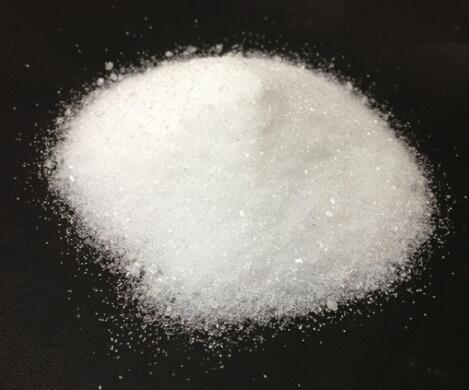
Uses
Aspirin is used for the treatment of inflammation, fever, and pain that results from many forms of arthritis, including:
Rheumatoid arthritis
Juvenile rheumatoid arthritis
Systemic lupus erythematosus
Ankylosing spondylitis
Reiter's syndrome
Osteoarthritis
Soft tissue injuries, such as tendinitis and bursitis
Aspirin also is used for rapid relief of mild to moderate pain and fever in other inflammatory conditions.
Mechanism of action
Acetylsalicylic acid (ASA) blocks prostaglandin synthesis. It is non-selective for COX-1 and COX-2 enzymes 9,10,11. Inhibition of COX-1 results in the inhibition of platelet aggregation for about 7-10 days (average platelet lifespan). The acetyl group of acetylsalicylic acid binds with a serine residue of the cyclooxygenase-1 (COX-1) enzyme, leading to irreversible inhibition. This prevents the production of pain-causing prostaglandins. This process also stops the conversion of arachidonic acid to thromboxane A2 (TXA2), which is a potent inducer of platelet aggregation Label. Platelet aggregation can result in clots and harmful venous and arterial thromboembolism, leading to conditions such as pulmonary embolism and stroke.
Adverse effect
One common adverse effect is an upset stomach.More significant side effects include stomach ulcers, stomach bleeding, and worsening asthma.Bleeding risk is greater among those who are older, drink alcohol, take other NSAIDs, or are on other blood thinners.Aspirin is not recommended in the last part of pregnancy.It is not generally recommended in children with infections because of the risk of Reye syndrome.High doses may result in ringing in the ears.
Toxicity
Lethal doses
Acute oral LD50 values have been reported as over 1.0 g/kg in humans, cats, and dogs, 0.92 g/kg - 1.48 g/kg in albino rats, 1.19 g/kg in guinea pigs, 1.1 g/kg in mice, and 1.8 g/kg in rabbit models Label.
Acute toxicity
Salicylate toxicity is a problem that may develop with both acute and chronic salicylate exposure 7. Multiple organ systems may be affected by salicylate toxicity, including the central nervous system, the pulmonary system, and the gastrointestinal system. Severe bleeding may occur. In the majority of cases, patients suffering from salicylate toxicity are volume-depleted at the time of presentation for medical attention.
Related articles And Qustion
See also
Lastest Price from Acetylsalicylic acid manufacturers

US $0.00-0.00/kg2025-07-23
- CAS:
- 50-78-2
- Min. Order:
- 1kg
- Purity:
- 99.5%-101%
- Supply Ability:
- 500KG

US $1.00/KG2025-04-21
- CAS:
- 50-78-2
- Min. Order:
- 1KG
- Purity:
- 99%
- Supply Ability:
- 10 mt
